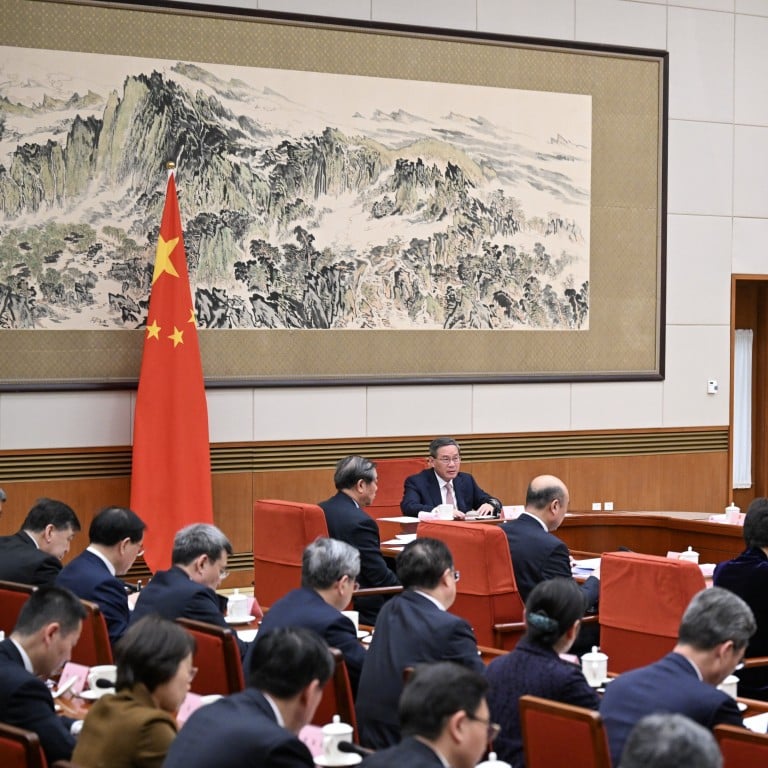
China’s economic reforms hinge on creative and courageous changes, state media says in warning of a ‘wasted opportunity’
- ‘Inaction and slackness’ at local levels of government seen as threats to Beijing’s revitalisation vision ahead of third plenum Communist Party gathering
- Commentary in Economic Daily follows a State Council meeting where Premier Li Qiang implored government officials to embrace reformative methods
China must put the economic onus on better implementation and coordination in reforms to address deep-rooted issues and energise growth, according to fresh calls in state media.
Effective and targeted reforms are essential to stimulate the vitality of all market participants, the state-run Economic Daily said in a front-page commentary on Monday, signalling Beijing’s amped-up emphasis on reform to bolster the nation’s economy.
The meeting, which would have been held in autumn if the tradition of past decades were followed, is widely expected to address some of the country’s economic woes, including improving business confidence and transforming the ailing real estate market. When exactly it will be convened has not yet been announced.
‘A flag into which all solutions can fit’? China’s provinces map out growth aims
Calling reform “the fundamental driving force of China’s modernisation”, the newspaper warned that it should “avoid wasting the opportunity for reform due to inaction and slackness”.
Efforts must continue to be focused on breaking free of shackles in the pursuit of a high-standard market economy, implementing deeper regional integration, and opening up the economy to a “higher level”, it said, reiterating some of Beijing’s often-repeated but vague dictates from recent years.
The commentary followed a State Council meeting on Sunday, when Premier Li Qiang urged government officials to solve issues with reformative methods.
They should “have the courage to break stereotypical thinking patterns and path dependence” and make their work more creative and trendsetting, he said.
In the central province of Hunan, a movement is under way to help officials change their mindsets on work, according to a recent directive from provincial authorities.
Spanning from early February to late March, the initiative aims to address conceptual issues that are prevalent among officials in their push for economic development, including an obsession with growing the gross domestic product, market segmentation and a tendency to engage in reckless borrowing and regional protectionism.
And it said authorities should abandon the practice of “solely relying on resource and capital investment to stimulate economic development”, and work to “target obstacles that affect business environment”, such as arrears to private companies.

